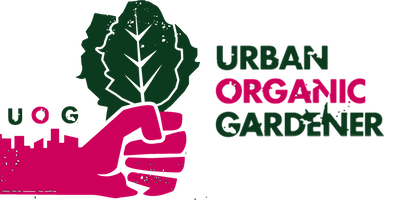 Photo Cred: Mark Hogan/Flickr
Photo Cred: Mark Hogan/Flickr
Lead is a being found in the soil in many urban gardens. Recently surveyed were 71 urban gardens in New York City, and guess what? They all tested positive for high levels of lead and arsenic. So what can you do to protect yourself if you’re gardening in the city? Well, besides having your soil tested, here are some other ideas to help you keep gardening safe in your urban backyard.
“Learn about the land. Some businesses—such as dry cleaners, gas stations, and manufacturing facilities—leave more significant ecological footprints than others. Before you plant, consult historical materials, such as atlases of local businesses, to learn about what was on or adjacent to the property.
Build a better raised bed. If you do perform the soil testing and discover trace amounts of lead or other contaminants in the soil, you might choose to make a raised bed. That’s great, but it’s probably not enough, according to The Johns Hopkins Center for Livable Futures. That’s because crops with deep roots can extend to the dirt underneath. Consider adding a barrier in the form of a fabric cover, with holes big enough to let water through.
Choose plants wisely. Lead in urban soil doesn’t necessarily translate into contaminated fruits and veggies. Certain types of plants are more likely to take up lead than others. “Tomatoes aren’t a problem, while leafy greens and root vegetables you have have consider a bit more,” Cheng says. There’s also evidence to suggest that certain plants, such as sunflowers, are able to help extract harmful metals from soil through a process called phytoremediation.
Grow food in pots. If you don’t have space to build a raised bed, you can grow many varieties of vegetables in containers. Herbs and leafy greens are easy starter plants. Cheng suggests buying freshly bagged soil from the store; potted plants will do best in soil specifically designed for containers.” Source-“CityLab.com”
To read the full article, please visit: “How to Build a Safer Urban Garden at CityLab”




















